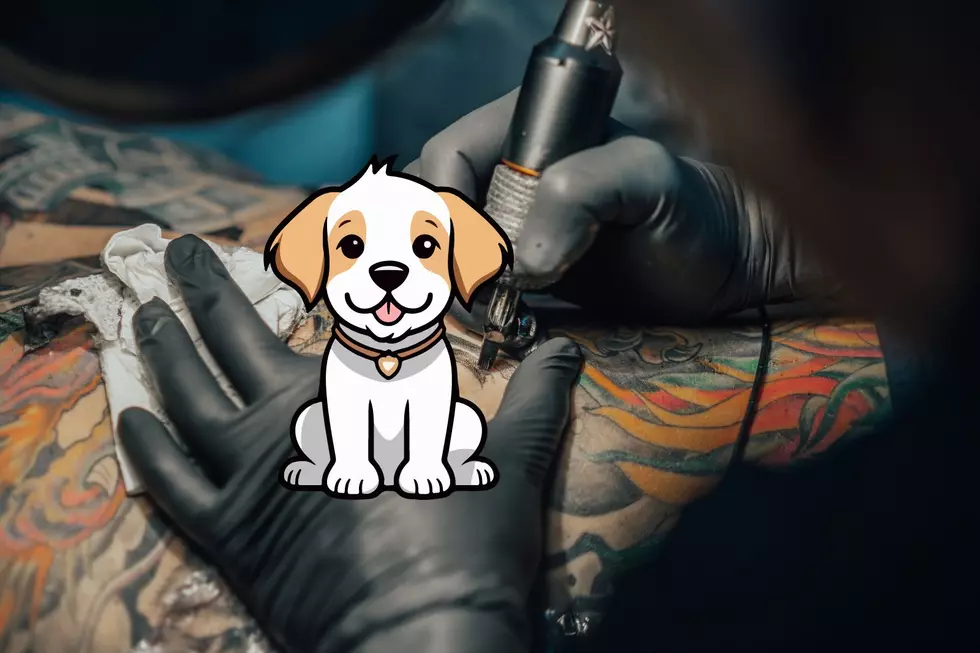
Did you know? NJ requires your dog be licensed annually
Do you have a license for that dog?
Many municipalities do their best to keep pet owners aware of the rules, but you may be unaware that it's the law to obtain a license for your dog on a yearly basis.
In order to grab that license, you need to present proof that the dog's been vaccinated against rabies by a veterinarian.
According to a spokesman for the state Department of Health, there were 435,400 dogs licensed in New Jersey in 2017, based on monthly reports and revenue received from municipalities.
Licensing fees are set by individual municipalities. They can range up to $21 per dog and are typically more expensive for non-spayed or non-neutered pets.
Additional fees, forwarded to the state, help fund rabies control and spay/neuter programs. In 2017, the state received more than $750,000 to support these programs.
The township of Cranford tells us that 1,112 dogs were licensed in 2017.
According to Robert DiBiase, assistant director for human services in Toms River, the township licensed 2,900 dogs in 2017.
The cost in Toms River is $15 per spayed/neutered dog and $20 per dog that is not fixed. Late fees start at $5 and can increase to $10.
"It ensures everyone that the rabies shots have been given to the animal, so the public is protected and the animal is protected," DiBiase said. "We also do it because there's not too much that produces anxiety like losing your pet, and if it's licensed we have a good shot at getting it back to you."
DiBiase said animal-shelter workers can also use the license database to learn whether a prospective dog owner has kept up with vaccinations in the past.
Beyond bulletins on the township website, Toms River also informs its residents of the licensing ordinance through the quarterly tax bills that go out in the mail, DiBiase said. In addition, random homes are visited as part of an "animal census" to get the word out.
More from 94.3ThePoint:
More From 94.3 The Point










